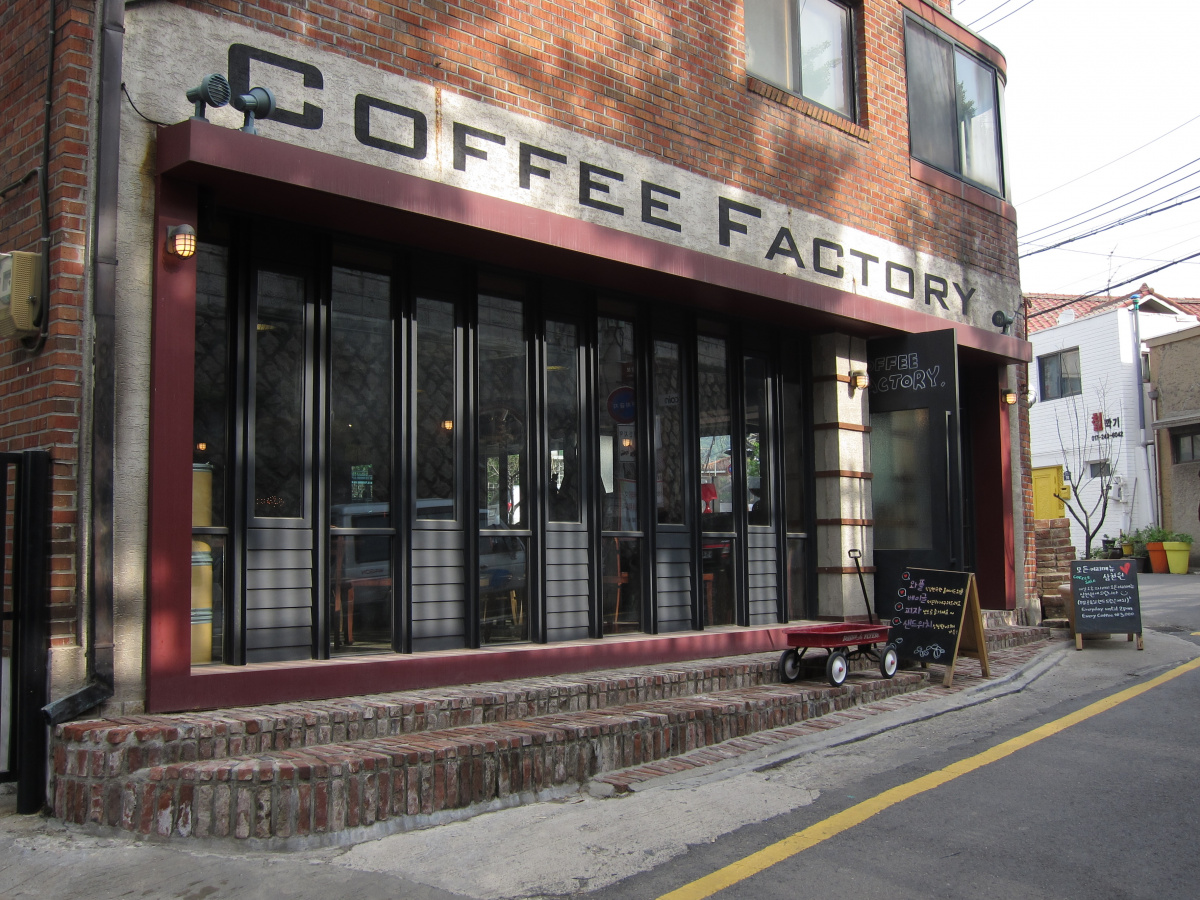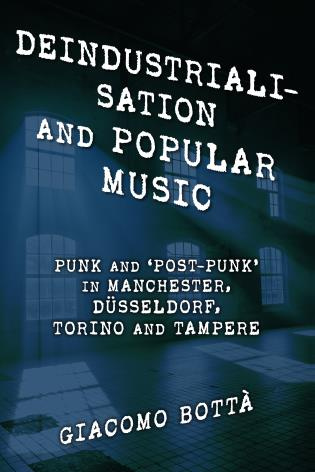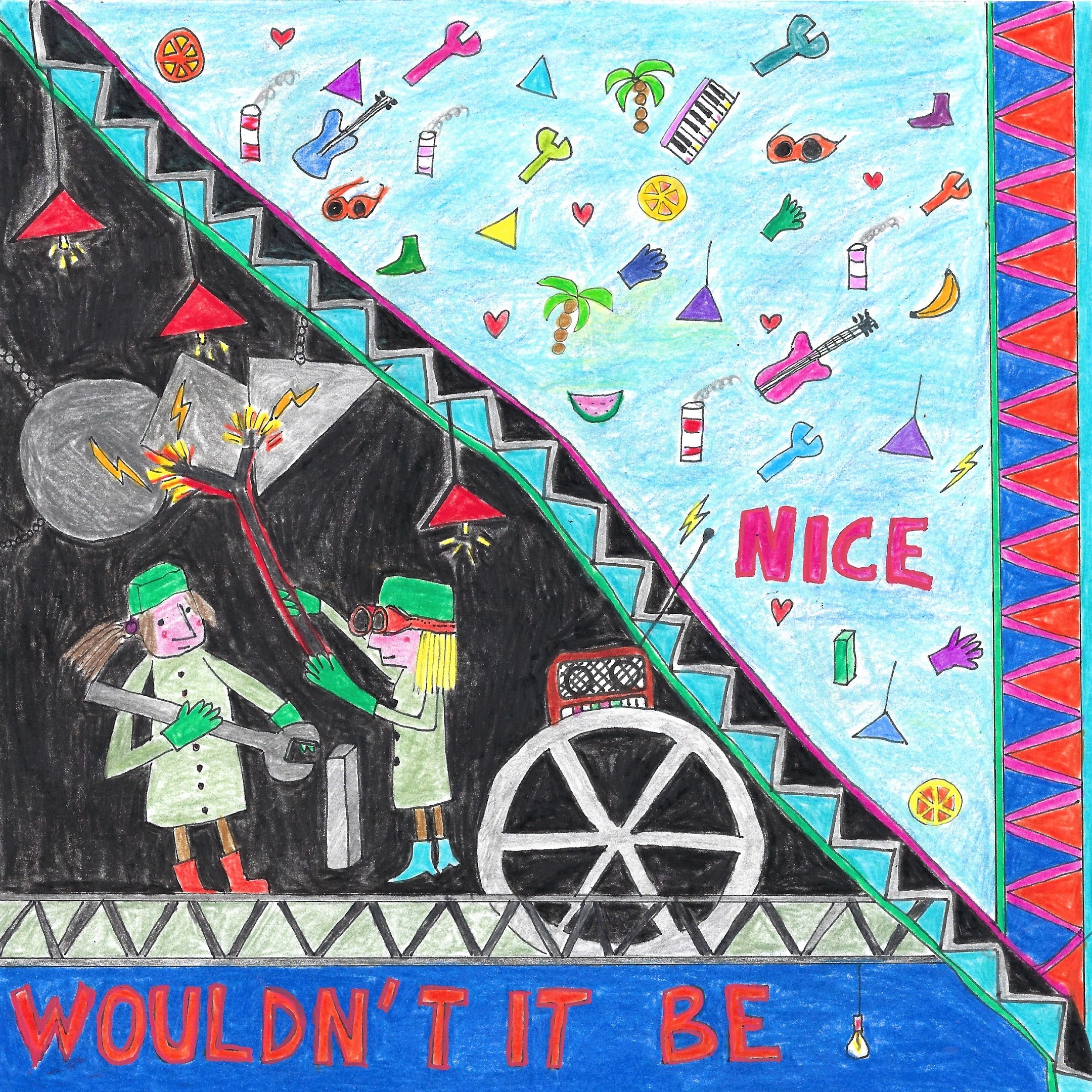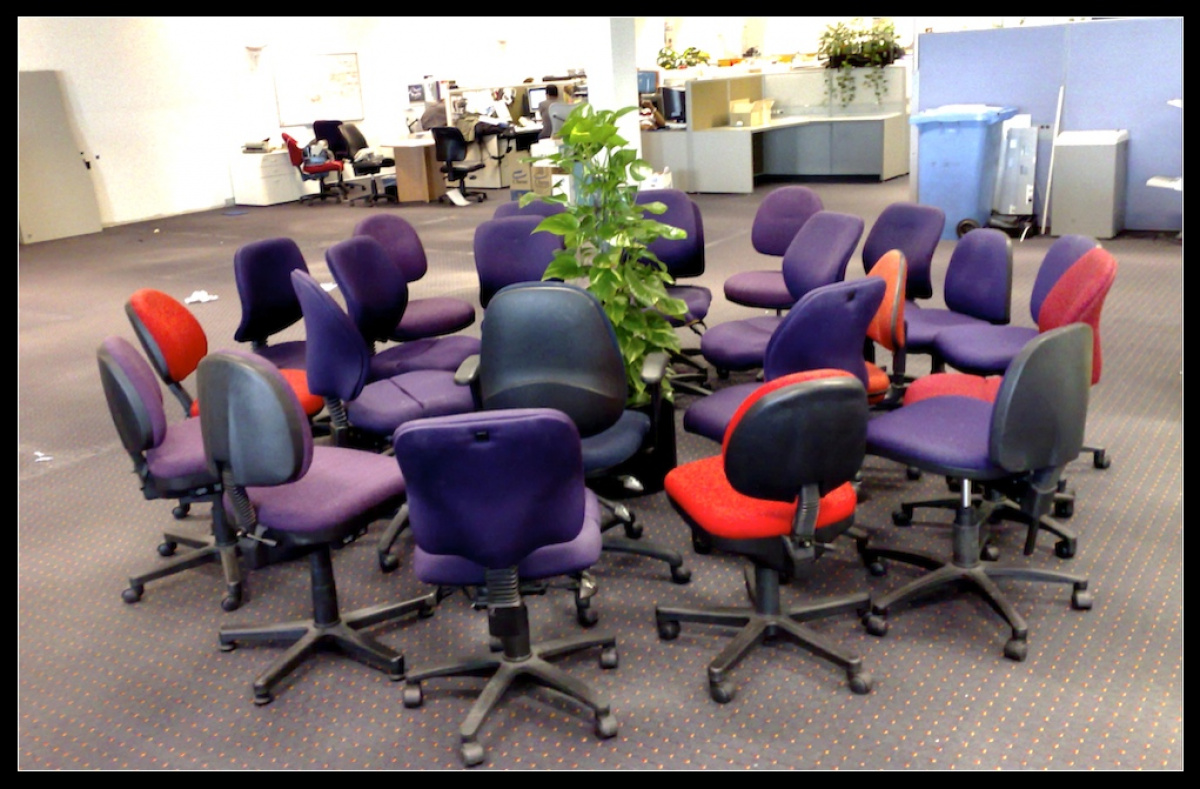
How Post-Punk Heralded Modern Coffee Shops
How does music affect the image of a city? In his recent book Deindustrialisation and Popular Music, Giacomo Bottà elaborates the relationship between de-industrialization and genres like house, industrial or post-punk. Here, he thinks about the seemingly new role of techno in COVID-19 times.
Music during deindustrialisation worked as a «vanishing mediator». Fredric Jameson developed the concept of vanishing mediator to explain the dialectical method in the work of Max Weber, especially in relation to Die protestantische Ethik und der Geist des Kapitalismus. For Weber, according to Jameson, protestantism was fundamental in the transition between pre-capitalism and capitalism; it acted as a bridge between two systems that are mutually exclusive and by taking this function it vanished, and was deprived of its initial function.
Punk and post-punk in industrial cities had a similar function, they created a transition and a translation of meanings and practices from the industrial city, based on material production, to the post-industrial city, based on symbolic consumption. Music mediated this passage, having characteristics of both these «worlds». For example, instead of working in a factory, you are sitting in front of a laptop, sipping Club Mate in a coffee-shop built inside a former factory, trying to finish an hourly paid project. In the late 1970s, Joy Division were rehearsing in a former factory building, signing for a record label called Factory and somehow fetishising urban decline via music creativity. Did they somehow anticipate your current condition? Don’t we call it «gig economy»?
What Will Music Be in the Post-COVID Era?
Punk and post-punk are not dead, but their social function has changed radically, they have gone from being a subaltern and critical stance, but also a communitarian and celebratory one, to a «cultural catalyst», especially in relation to contemporary cities and to their capitalist exploitation, in terms of real estate, design, and heritage.
Lately, there has been a growing attention towards outdoor «underground» techno parties, organised as safe spaces, both in medical and social terms. They seem to be mediating between a before (in which techno was mostly victim but also participant to the rampant financialised redevelopment of city areas) to a post-COVID era, in which the place of music in cities will have to be renegotiated and rethought. Is this kind of underground techno mediating between these two worlds? We will soon know, just as we will know if music is going to melt into air in the process.
List of References
The corresponding book was published in 2020 at Rowman & Littlefield, London (UK).

Biography
Published on November 13, 2020
Last updated on March 05, 2024
Topics
How does this ideology, but also its sheer physical expressions such as labor affect cultural production? From hip hop’s «bling» culture to critical evaluations of cultural funding.
Why do people in Karachi yell rather than talk and how does the sound of Dakar or Luanda affect music production?
Snap

